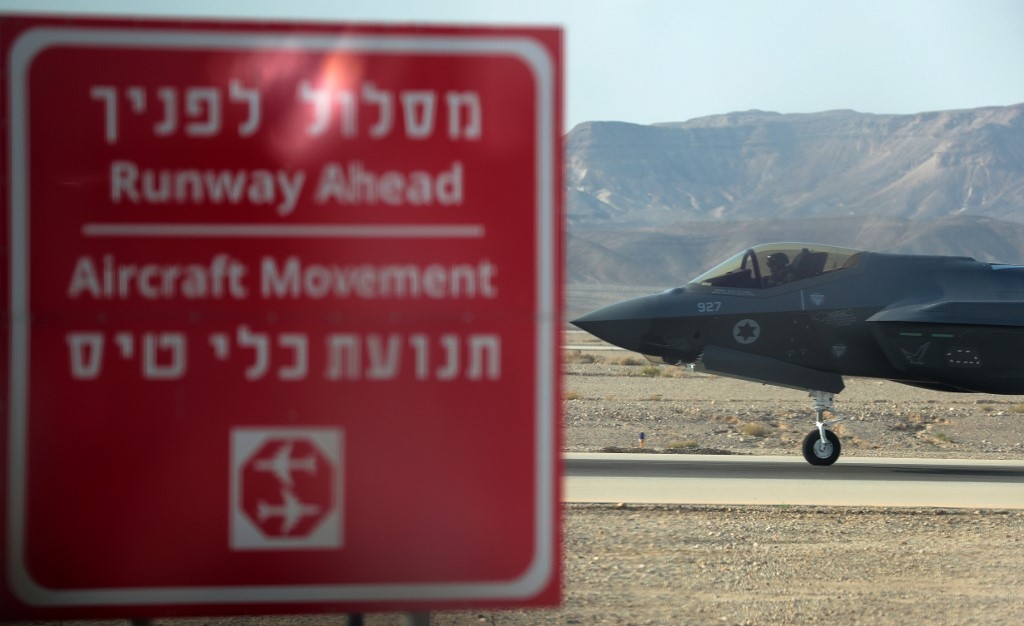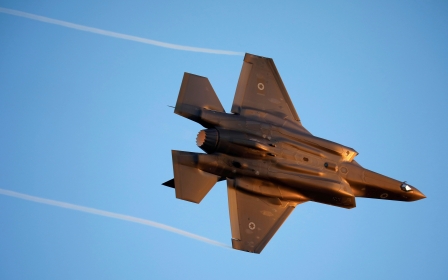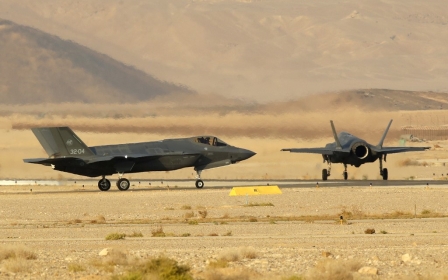Israel will oppose Qatar F-35 warplane sale to ensure 'military superiority'

Israel will oppose the sale of American F-35 fighter jets to Qatar to ensure its own military superiority in the region, the Israeli intelligence minister said on Sunday.
"Our security and military superiority in the region are the most significant things for us. Our region has still not turned into Switzerland," intelligence minister Eli Cohen told Israeli Army Radio on Sunday.
Cohen was responding to questions about a Reuters report that Qatar had asked the US about purchasing the F-35 jets, prized for their ability to avoid detection.
The Qatari request follows an August deal between the US and the United Arab Emirates in which Washington agreed to consider giving the Gulf state approval to buy F-35s in a side deal to a US-brokered agreement called the Abraham Accords to normalise diplomatic ties with Israel.
Israel also opposed the sale of F-35s to the UAE, despite its new relations with the country. The American ambassador to Israel, David Friedman, said the UAE may have to wait up to seven years for the sale.
New MEE newsletter: Jerusalem Dispatch
Sign up to get the latest insights and analysis on Israel-Palestine, alongside Turkey Unpacked and other MEE newsletters
In an interview with the Jerusalem Post in September, Friedman said ensuring Israel's military advantage in the region was a "matter of law, not a matter of policy".
"It has been US law since 2008, and US policy a lot longer than that. Israel has dealt with the QME [qualitative military edge] behind the scenes professionally and successfully for more than a decade; it is going to continue to work this way."
US President Donald Trump has said he has "no problem" selling the fighter jets to the UAE.
Middle East Eye delivers independent and unrivalled coverage and analysis of the Middle East, North Africa and beyond. To learn more about republishing this content and the associated fees, please fill out this form. More about MEE can be found here.




